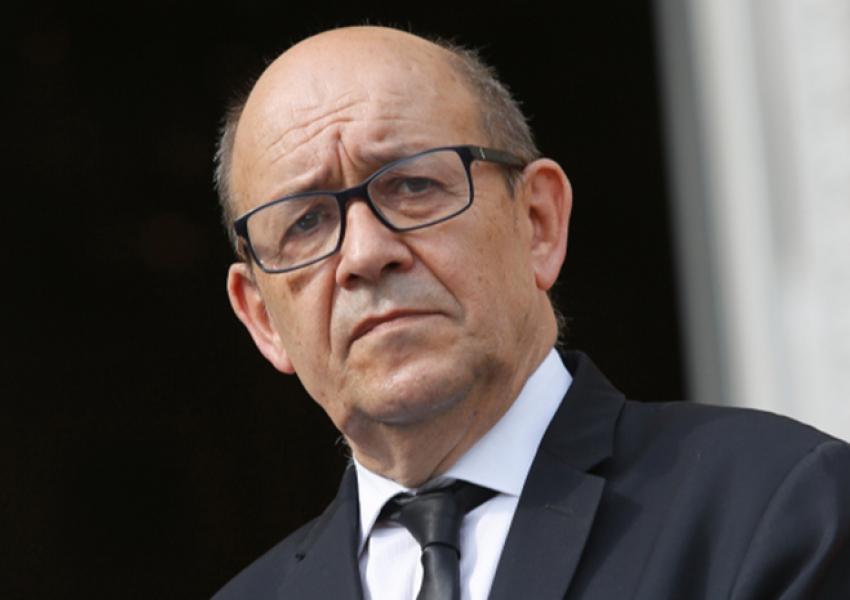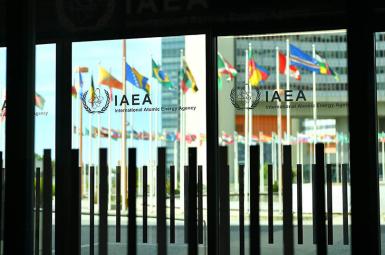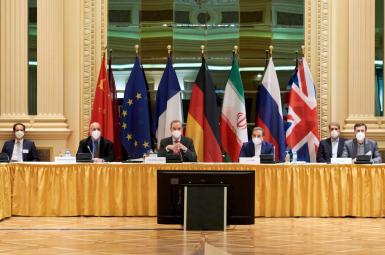
France: Return To Nuclear Deal Not Enough; Tough Talks With Iran Needed
(Reuters) - Iran is in the process of building up its nuclear weapons capacity and it is urgent that Tehran and Washington return to a 2015 nuclear agreement, France's foreign minister was quoted as saying in an interview published on Saturday.
Iran has been accelerating its breaches of the nuclear deal and earlier this month started pressing ahead with plans to enrich uranium to 20% fissile strength at its underground Fordow nuclear plant. That is the level Tehran achieved before striking the deal with world powers to contain its disputed nuclear ambitions.
The Islamic Republic's breaches of the nuclear agreement since President Donald Trump withdrew the United States from it in 2018 and subsequently imposed sanctions on Tehran may complicate efforts by President-elect Joe Biden, who takes office on Jan. 20, to rejoin the pact.
"The Trump administration chose what it called the maximum pressure campaign on Iran. The result was that this strategy only increased the risk and the threat," Jean-Yves Le Drian told the Journal du Dimanche newspaper.
"This has to stop because Iran and - I say this clearly - is in the process of acquiring nuclear (weapons) capacity."
The agreement's main aim was to extend the time Iran would need to produce enough fissile material for a nuclear bomb, if it so chose, to at least a year from roughly two to three months. It also lifted international sanctions against Tehran.
Western diplomats have said Iran's repeated breaches have already reduced the "breakout time" to well below a year.
Iran denies any intent to weaponize its nuclear program.
With presidential elections in Iran due in June, Le Drian said it was urgent to "tell the Iranians that this is enough" and to bring Iran and the United States back into the accord.
Biden has said he will return the United States to the deal if Iran resumes strict compliance with it. Iran says sanctions must be lifted before it reverses its nuclear breaches.
However, Le Drian said that even if both sides were to return to the deal, it would not be enough.
"Tough discussions will be needed over ballistic proliferation and Iran's destabilization of its neighbors in the region," Le Drian said.
Iran’s parliament in December passed a law requiring the government to expel all IAEA nuclear inspectors unless all sanctions are lifted. A decision that received a warning from the US State Department.
"Iran’s threat goes much further than violating the JCPOA. Iran has a legal treaty obligation to allow IAEA inspector access pursuant to Iran’s NPT-required safeguards agreement. Violating those obligations would thus go beyond Iran’s past actions inconsistent with its JCPOA nuclear commitments,” said a statement by the US State Department.
According to the Trump administration, the maximum pressure campaign on Iran was intended to give the US leverage for the next round of nuclear talks with Iran. President Trump believed that the original nuclear deal had failed to include Iran's support of terrorism and activities in the region and its missile program. The European parties of the JCPOA strongly opposed President Trump's position at the time.








